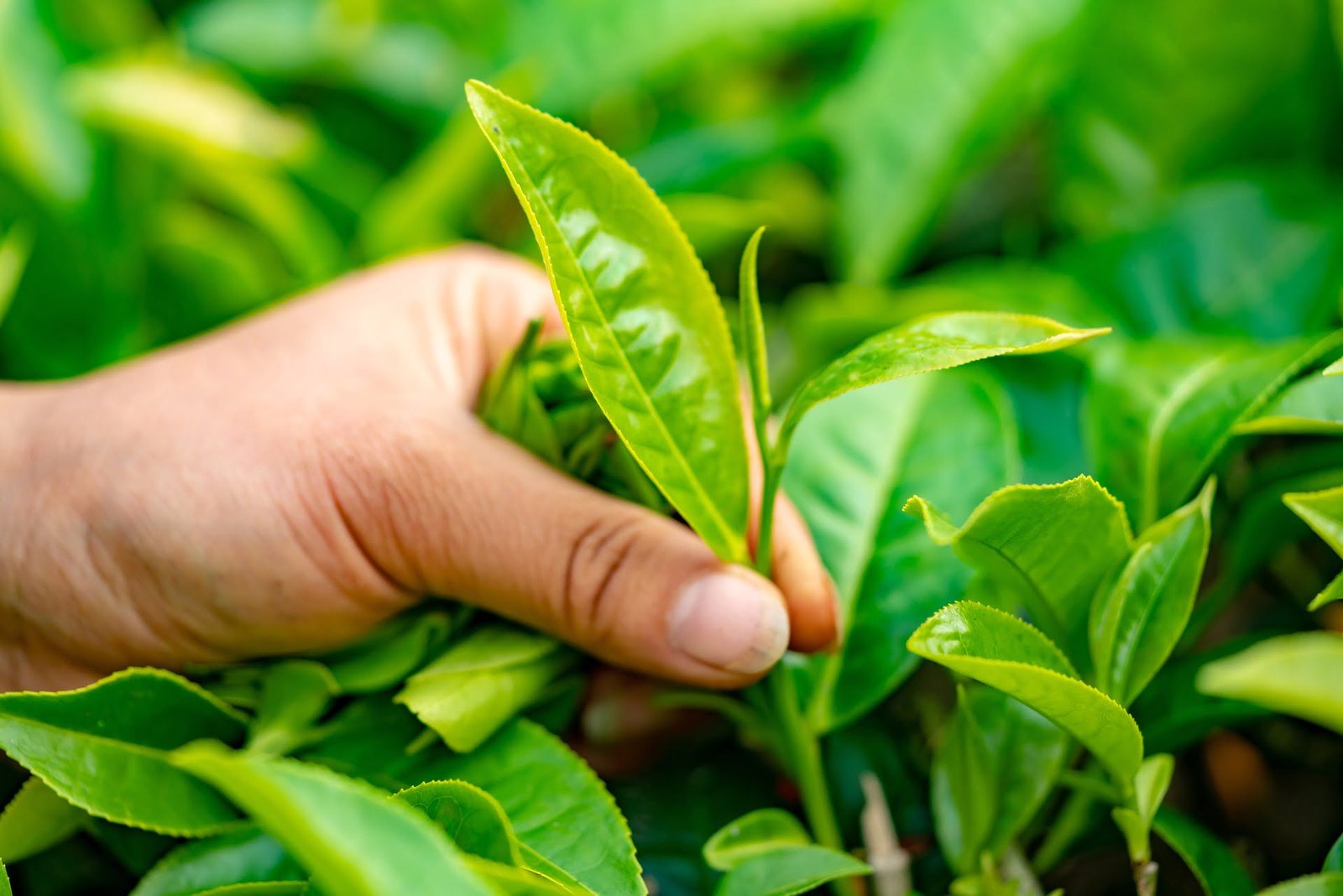
Is Drinking Tea Good for Health? Exploring the Benefits and Risks
Tea, with its rich history and cultural significance, has been a beloved beverage for centuries. Originating from ancient China, it has become an integral part of many cultures around the world. Whether enjoyed in a traditional Japanese tea ceremony, as a robust chai in India, or as a comforting cup during British afternoon tea, tea transcends boundaries and brings people together. But beyond its delightful flavors and soothing qualities, tea also offers a myriad of health benefits. In this article, we will delve into the various types of tea, their unique health benefits, preparation methods, and potential risks. We’ll answer the essential question: Is drinking tea good for health?
Types of Tea
Tea comes in many varieties, each with its own unique flavor, preparation method, and health benefits. The primary types of tea are derived from the Camellia sinensis plant, with differences arising from the processing methods. Here are the main types of tea:
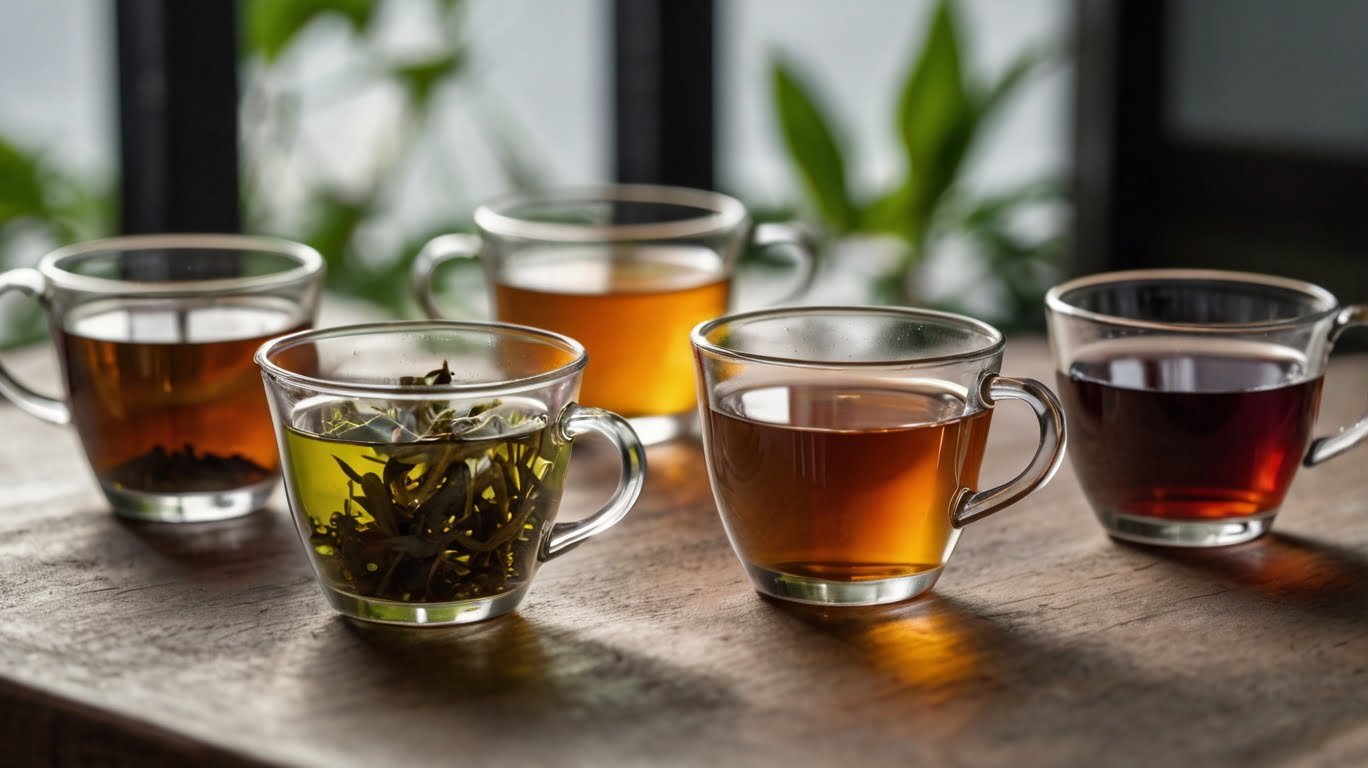
Green Tea
Description: Green tea originates from unoxidized leaves, making it one of the least processed varieties of tea. This minimal processing helps to preserve its green colour and delicate flavour.
Health Benefits: Green tea is renowned for its high antioxidant content, particularly catechins, which combat inflammation and help reduce the risk of cancer. Regular consumption of green tea can aid in weight loss, improve brain function, and lower the risk of cardiovascular diseases.
Preparation: To prepare green tea, steep 1 teaspoon of green tea leaves in hot water (approximately 80-85°C or 176-185°F) for 2-3 minutes. Steer clear of using boiling water, as it can impart a bitter taste to the tea
Black Tea
Description: Black tea undergoes full oxidation, giving it a dark colour and robust flavour. It is one of the most popular types of tea in the world.
Health Benefits: Black tea contains antioxidants such as theaflavins and thearubigins, which contribute to heart health by reducing cholesterol levels and improving blood vessel function. It also supports gut health and can help lower blood pressure.
Preparation: Steep 1 teaspoon of black tea leaves in boiling water for 3-5 minutes. The longer steeping time enhances the tea’s strong flavour.
Oolong Tea
Description: Oolong tea is partially oxidized, placing it between green and black tea in terms of oxidation and flavour. It offers a diverse range of tastes from floral to fruity.
Health Benefits: Oolong tea can assist with weight loss by boosting metabolism and improving fat burning. It also enhances mental alertness and reduces the risk of heart disease.
Preparation: Steep 1 teaspoon of oolong tea leaves in hot water (around 85-90°C or 185-194°F) for 3-5 minutes.

White Tea
Description: White tea is the least processed tea, made from young leaves and buds that are minimally oxidized. It has a delicate flavour and is light in colour.
Health Benefits: White tea is packed with antioxidants, which can help reduce the risk of cancer and heart disease. It also promotes skin health and can have anti-aging effects.
Preparation: Steep 1 teaspoon of white tea leaves in hot water (about 75-80°C or 167-176°F) for 4-5 minutes.
Herbal Tea
Description: Herbal teas are made from a variety of herbs, flowers, fruits, and spices, not from tea leaves. This category includes popular teas like chamomile, peppermint, and rooibos.
Health Benefits: The health benefits of herbal teas vary widely depending on the ingredients. Common benefits include improved digestion, relaxation, immune support, and relief from stress and anxiety.
Preparation: Steep 1 teaspoon of herbal blend in boiling water for 5-7 minutes.
Health Benefits of Drinking Tea
Tea is more than just a soothing beverage; it’s a powerhouse of health benefits that have been recognized for centuries. Rich in antioxidants, vitamins, and minerals, tea offers a range of positive effects on the body and mind. From boosting heart health and aiding in weight management to enhancing mental clarity and supporting the immune system, the benefits of drinking tea are extensive. In this section, we will explore the various health advantages associated with different types of tea, backed by scientific research. Whether you’re a casual tea drinker or a dedicated aficionado, understanding these benefits can help you make the most of this ancient and beloved drink.

Antioxidant Properties
Role of Antioxidants: Antioxidants are compounds that help fight free radicals in the body, reducing oxidative stress and preventing cell damage.
Types of Antioxidants in Tea: Green and white teas are particularly rich in catechins, while black and oolong teas contain theaflavins and thearubigins. These antioxidants play a role in lowering the risk of chronic conditions, such as heart disease and cancer.
Heart Health
Metabolism Boost: Teas like green and oolong contain compounds that can enhance metabolic rate, helping the body burn calories more efficiently.
Fat Burning Properties: Certain types of tea, particularly green tea, contain catechins and caffeine that can assist in breaking down fat and increasing the body’s fat-burning capabilities.

Mental Alertness
Caffeine and L-theanine Synergy: Tea contains both caffeine and L-theanine. While caffeine provides a quick boost of energy, L-theanine promotes relaxation and reduces the jitters often associated with caffeine. Together, they enhance cognitive function and focus.
Impact on Cognitive Function: Regular tea consumption has been associated with improved memory and reduced risk of cognitive decline.
Digestive Health
Soothing Properties of Herbal Teas: Herbal teas like peppermint and ginger are known for their soothing effects on the digestive system, helping to relieve indigestion and nausea.
Impact on Gut Health: The polyphenols in tea support the growth of beneficial gut bacteria, which are crucial for a healthy digestive system.
Potential Side Effects of Drinking Tea
While tea is celebrated for its numerous health benefits, it is important to be aware of potential side effects that can arise from its consumption. Different types of tea contain varying levels of caffeine, tannins, and other compounds that may affect individuals differently. Overconsumption can lead to issues such as digestive discomfort, sleep disturbances, and nutrient absorption problems. Additionally, certain individuals may experience allergic reactions or sensitivities to specific types of tea. In this section, we will discuss the potential side effects of drinking tea, providing insights on how to enjoy this popular beverage safely and in moderation. Understanding these risks can help you make informed decisions and ensure that your tea-drinking habits contribute positively to your overall health.
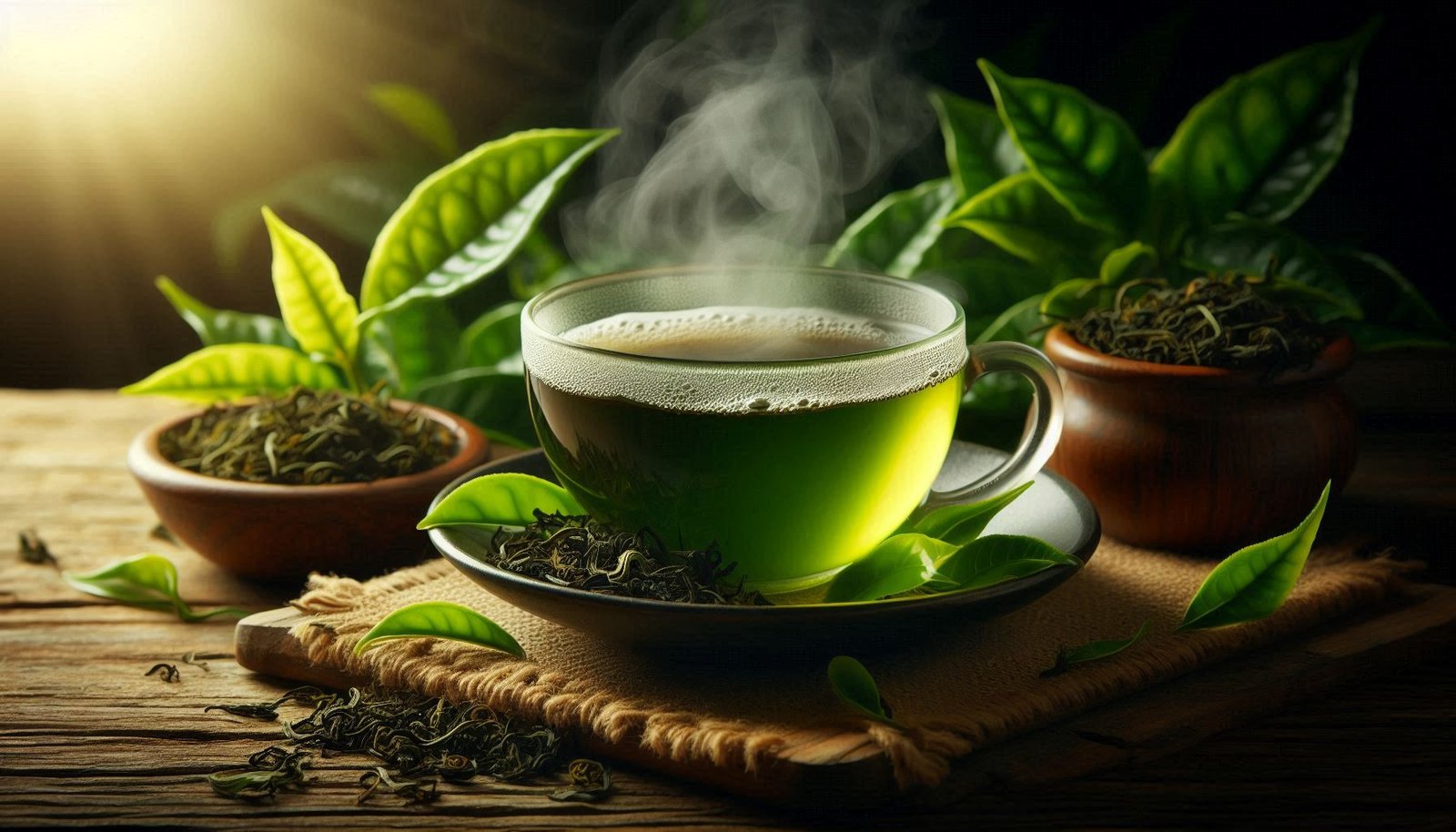
Caffeine Sensitivity
Symptoms of Caffeine Sensitivity: Individuals sensitive to caffeine may experience symptoms such as jitteriness, anxiety, and insomnia.
Managing Caffeine Intake: To manage caffeine intake, consider choosing teas with lower caffeine content or opting for herbal teas that are naturally caffeine-free.
Iron Absorption
How Tea Affects Iron Absorption: Tea contains compounds called tannins, which can inhibit the absorption of non-heme iron (the type found in plant-based foods).
Tips to Mitigate the Effect: To reduce the impact on iron absorption, avoid drinking tea with meals and consider consuming vitamin C-rich foods alongside iron-rich foods to enhance absorption.

Allergic Reactions
Common Allergens in Tea: Some individuals may be allergic to certain ingredients in herbal teas, such as chamomile or hibiscus.
Recognizing and Addressing Reactions: Symptoms of an allergic reaction can include hives, itching, and difficulty breathing. Should you suspect an allergic reaction, stop consumption and seek advice from a healthcare professional.
Tannins in Tea
What Are Tannins?: Tannins are naturally occurring compounds in tea that contribute to its astringency and bitterness.
Effects on Digestion: In some cases, tannins can cause nausea or upset stomach, particularly if consumed on an empty stomach or in large quantities.
Special Considerations:
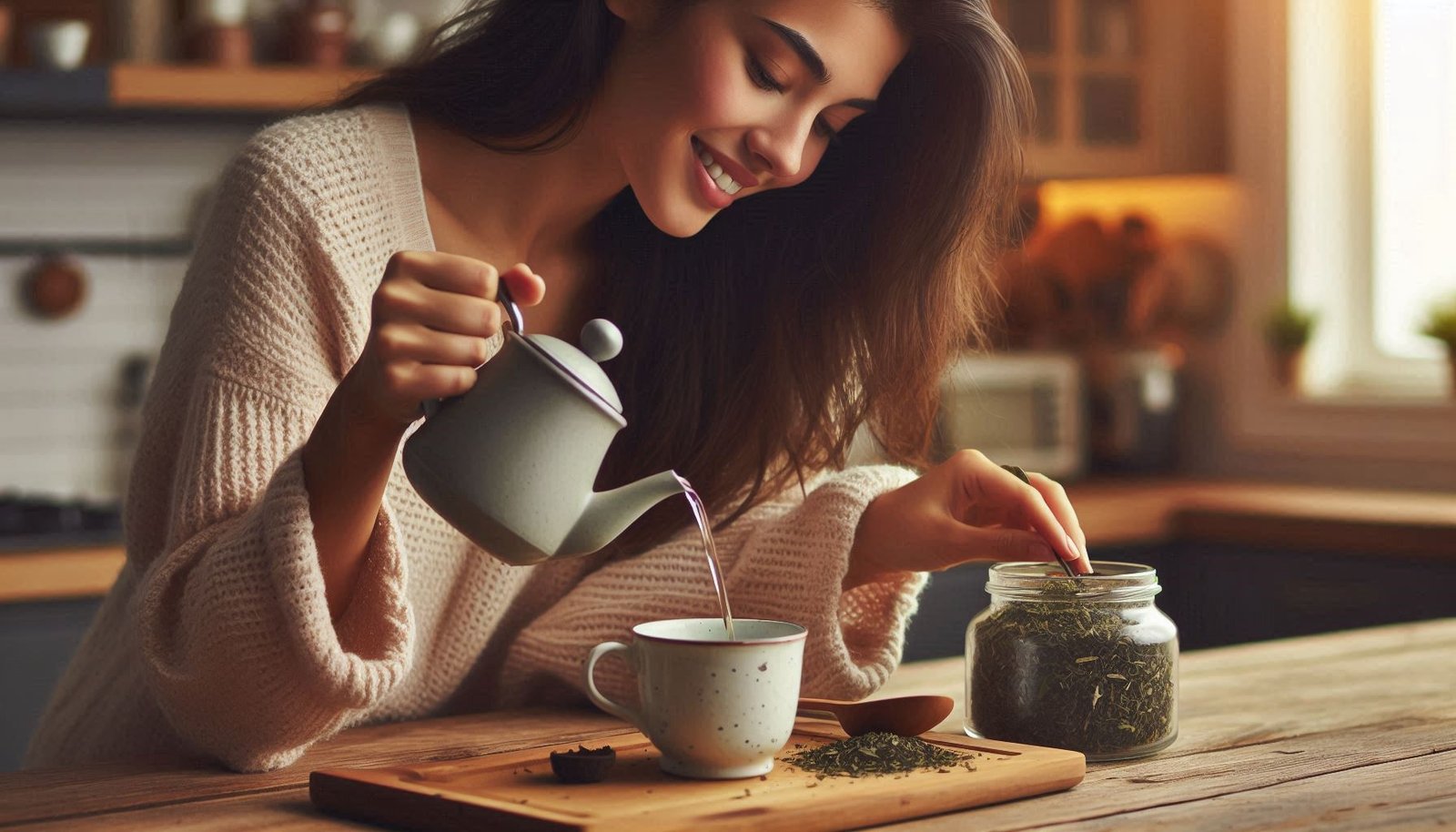
Pregnancy and Tea Consumption
Safe Types of Tea During Pregnancy: Herbal teas such as ginger and peppermint are generally considered safe during pregnancy, but it’s essential to avoid teas that contain caffeine or certain herbs that could pose risks.
Recommended Intake: Pregnant women should limit their caffeine intake to less than 200 mg per day, which is approximately one cup of regular tea.
Tea for Children
Age-Appropriate Teas: Herbal teas without caffeine, like chamomile and rooibos, can be suitable for children.
Benefits and Precautions: Herbal teas can offer soothing and digestive benefits for children, but it’s important to consult with a pediatrician before introducing any new tea to a child’s diet.
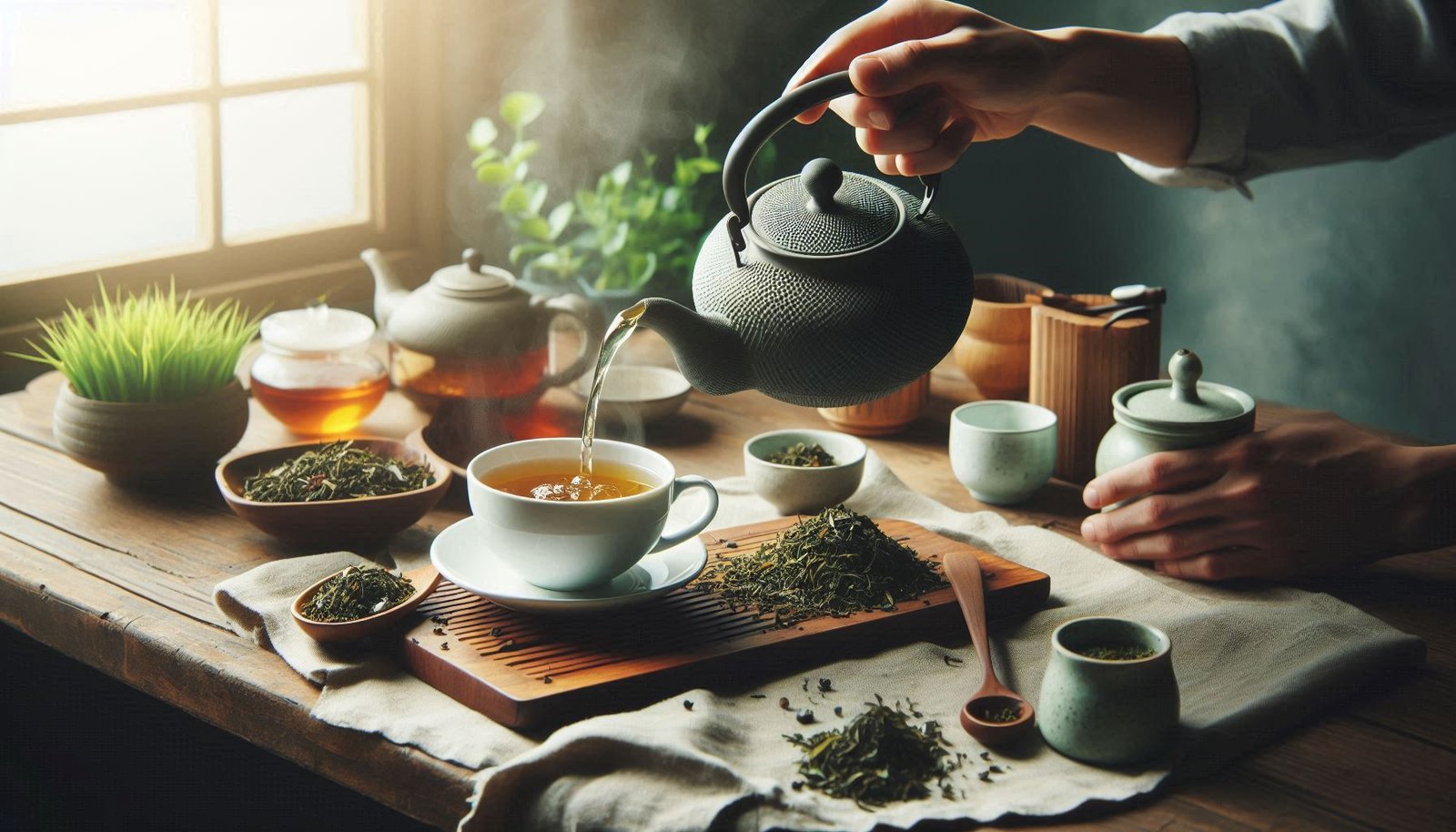
In conclusion, is drinking tea good for health? The evidence suggests that when consumed in moderation, tea offers a myriad of health benefits. From its rich antioxidant properties and heart health benefits to its role in weight management and mental alertness, tea can be a valuable addition to a healthy lifestyle. However, it’s important to be aware of potential side effects, such as caffeine sensitivity and effects on iron absorption, and to choose the right types of tea for your individual health needs. Whether you’re enjoying a calming cup of herbal tea or a stimulating green tea, you can sip confidently, knowing that tea has a positive impact on your health.
Yes, tea is good for you. It is rich in antioxidants, supports heart health, aids in weight management, enhances mental alertness, and promotes digestive health. Nonetheless, consuming tea in moderation is crucial to prevent potential adverse effects.
Yes, matcha is good for you. It contains higher concentrations of antioxidants and nutrients compared to regular green tea. Matcha can boost metabolism, improve mental focus, and provide a steady energy boost.
Yes, green tea is good for weight loss. It contains catechins and caffeine that can boost metabolism and increase fat burning, making it an effective aid in weight management.
Some teas, especially herbal teas like peppermint and ginger, can help relieve constipation by soothing the digestive tract and promoting bowel movements. However, certain teas with high tannin content might have the opposite effect.
Yes, matcha tea is good for you. It offers the benefits of green tea but in a more concentrated form, providing a rich source of antioxidants, supporting weight loss, improving focus, and enhancing overall health.
: Certain herbal teas, such as ginger, chamomile, and peppermint, are good for stomach pain as they have soothing properties that can help alleviate discomfort and promote digestion.
Yes, green tea is healthy. It is loaded with antioxidants, supports heart health, aids in weight management, improves brain function, and reduces the risk of chronic diseases.
Some studies suggest that green tea may help lower uric acid levels, which can be beneficial for gout sufferers. Nonetheless, consuming tea in moderation is crucial to prevent potential adverse effects.
Herbal teas like chamomile and peppermint may help reduce inflammation and soothe the digestive tract, which can be beneficial for colitis. However, it’s essential to consult a healthcare professional for advice tailored to your condition.
Herbal teas like peppermint and ginger can help relieve constipation by promoting digestion and soothing the gastrointestinal tract. However, teas with high tannin content might have a constipating effect.
Yes, certain teas, particularly green and oolong, can support weight loss by boosting metabolism and enhancing fat burning. They can be an effective addition to a balanced diet and exercise regimen.
Green tea contains caffeine, which might disrupt sleep for some people. However, decaffeinated green tea or herbal teas like chamomile can promote relaxation and improve sleep quality.
Herbal teas like chamomile and ginger can help soothe the digestive system and alleviate diarrhea. However, caffeinated teas might exacerbate diarrhea for some individuals.
: Yes, green tea may help reduce uric acid levels, which can be beneficial for people with gout or high uric acid levels. It’s advisable to consult with a healthcare provider for tailored medical advice.
Green tea is good in the morning as it provides a gentle energy boost and enhances mental alertness. Drinking it at night might interfere with sleep due to its caffeine content, so opting for decaffeinated green tea or herbal teas in the evening is better.
Note: It’s always recommended to consult with a healthcare professional for personalized advice, especially if you have underlying health conditions.
